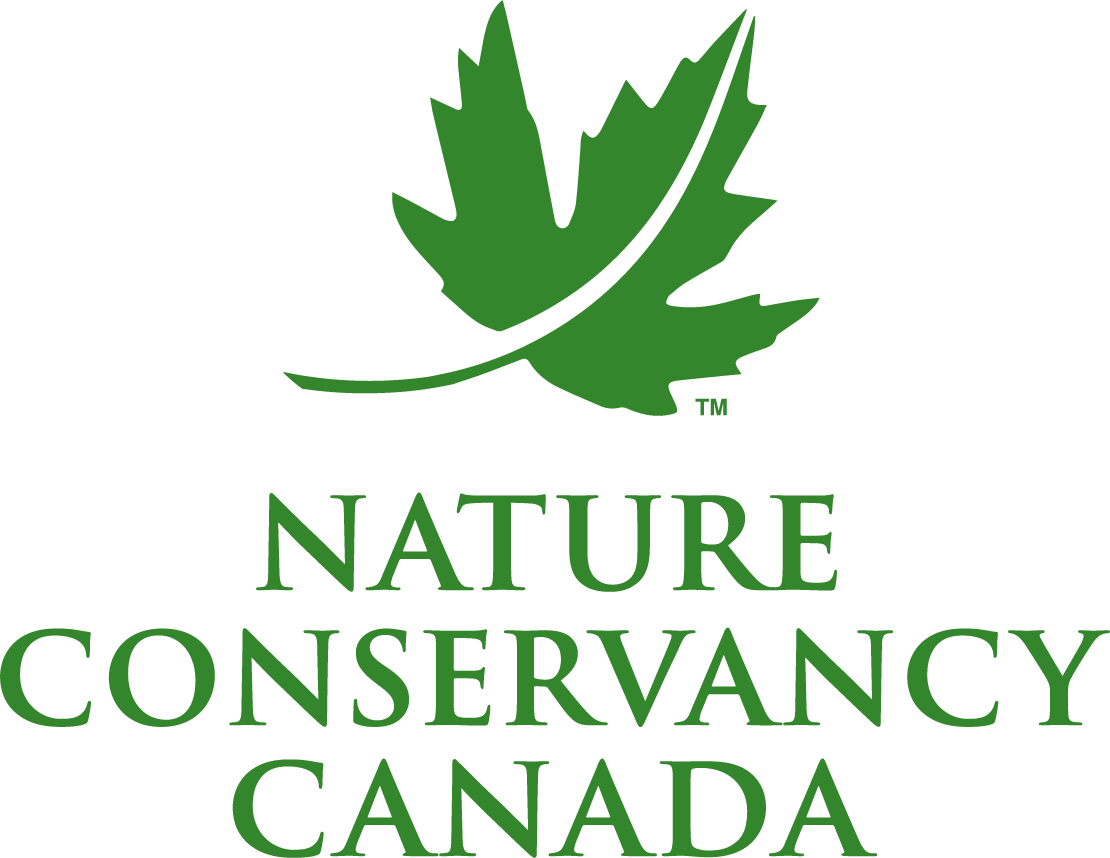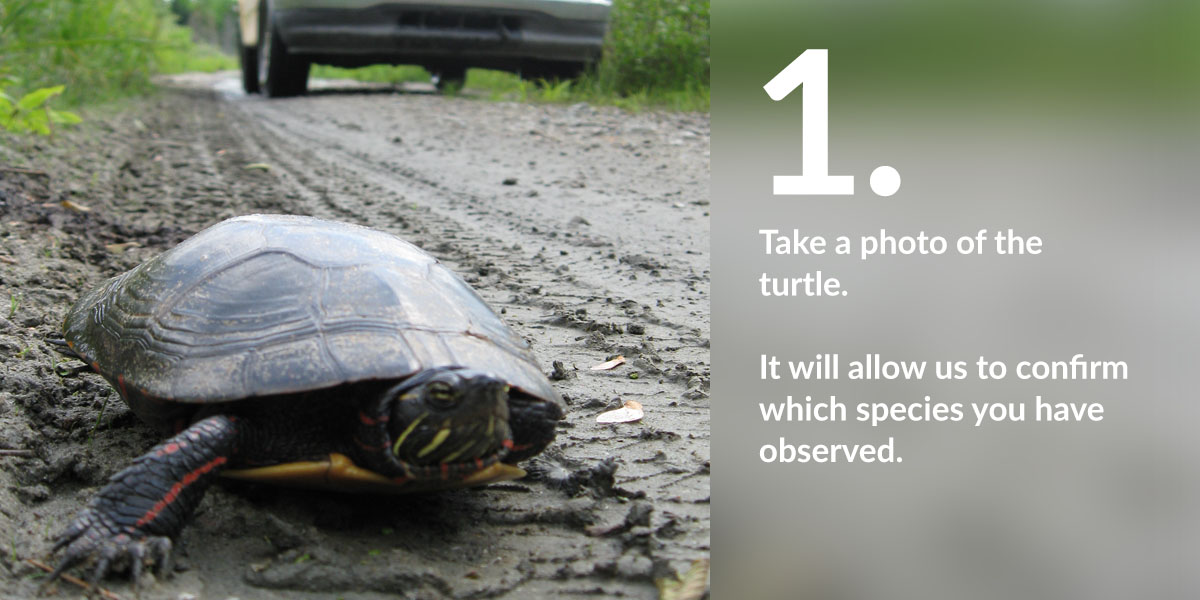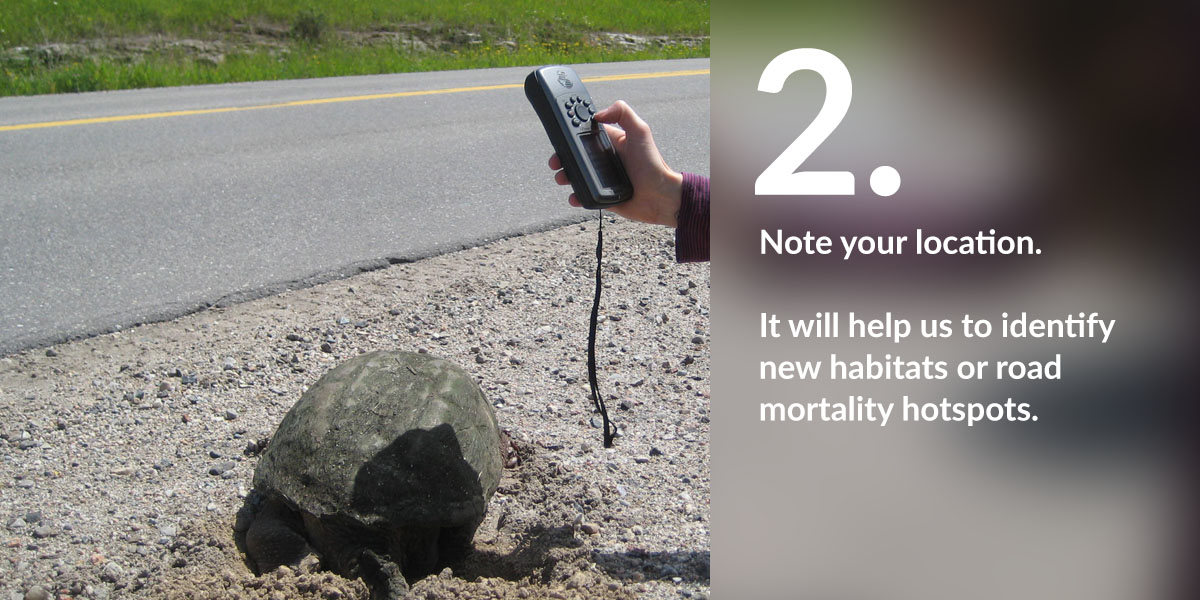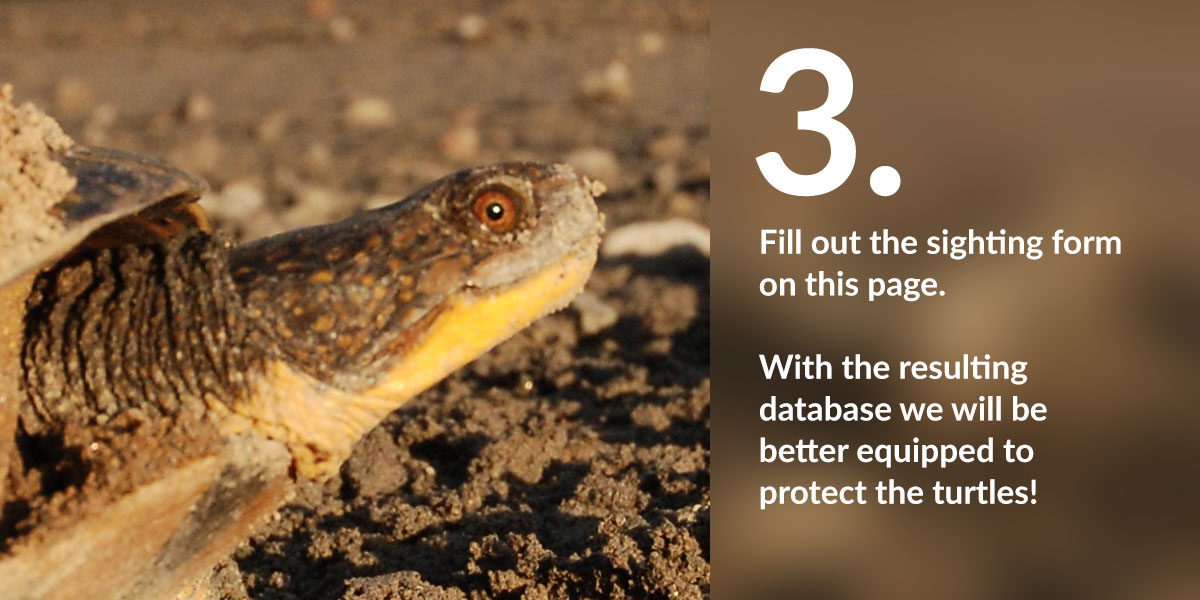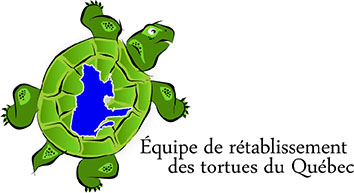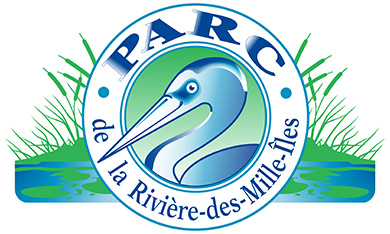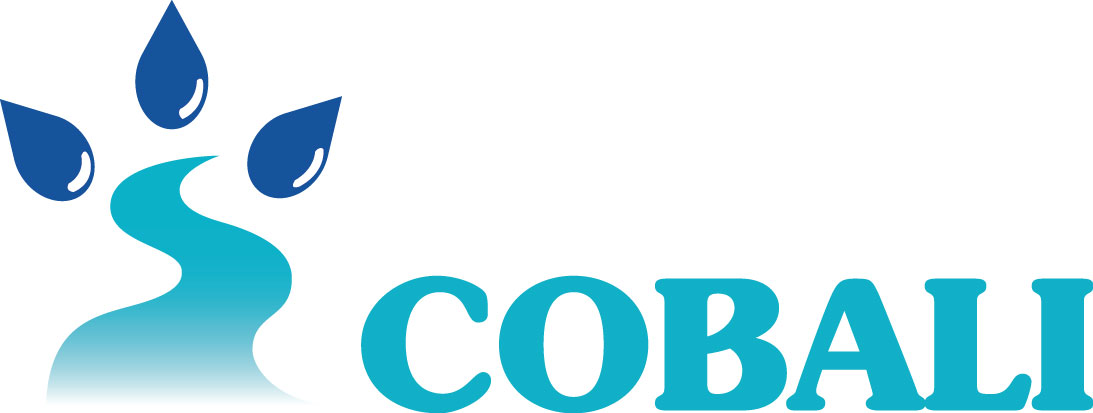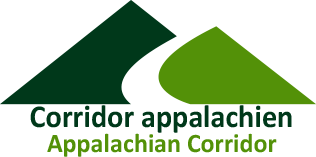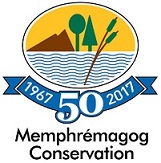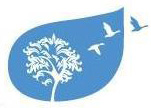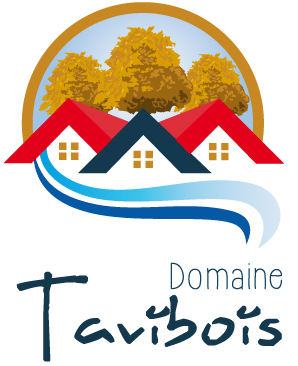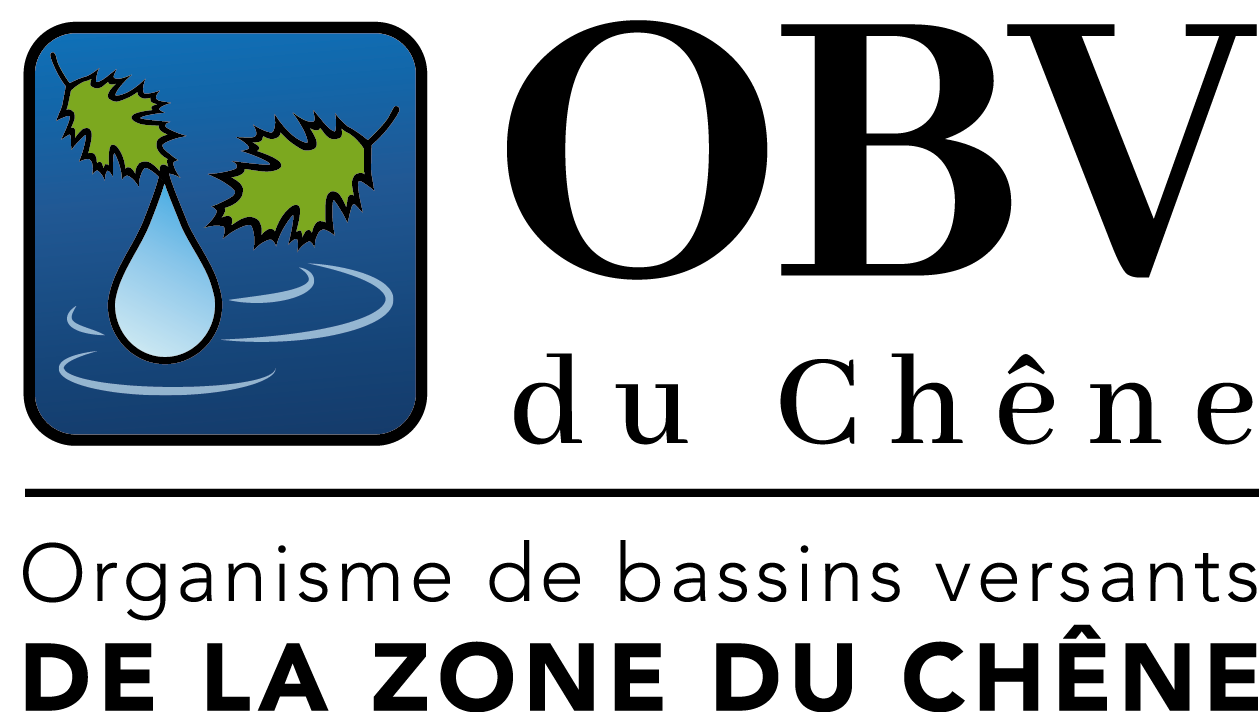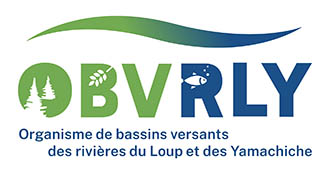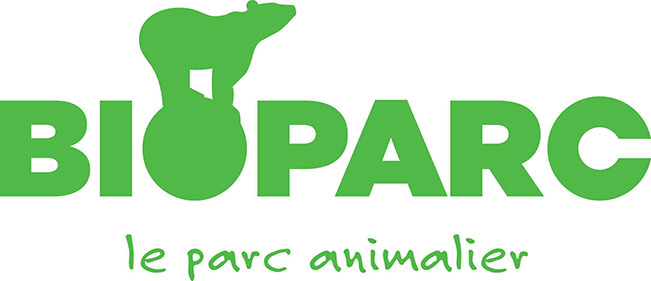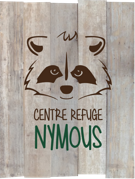It is the end of the hibernation: the turtles begin to be visible in their natural environments and are getting ready for the breeding season.
Injured turtle? Don't leave it in the wild! Stay put and call us immediately at 1-450-622-1020 ext. 286. We'll tell you how to help!
Have you seen a live, wounded or dead turtle? Swipe the slider or use the arrows!
Injured turtle? Don't leave it in the wild! Stay put and call us immediately at 1-450-622-1020 ext. 286. We'll tell you how to help!
Carapace Project Turtle Sighting Form
Active season: Since April 1st 2024, 17 forms have been submitted to Carapace.
Carapace is now on iNaturalist! For those who prefer using this application to submit their sighting, click here.
Have you seen a turtle in Quebec? The Carapace Project wants to know about it!
It’s not unusual to see turtles leave the relative safety of wetlands to travel on land. During their active season, from May to October, turtles are on the move to search for food, find a new habitat, look for a mate, or lay eggs. Unfortunately, traveling on land and crossing roads has its share of risk for turtles because it makes them vulnerable to collisions or disturbance.
This is why the Carapace team needs your help. If you spot a turtle in Quebec, let us know by filling out the form on this website.
Be on the lookout especially in June! Female turtles travel more frequently to find a good spot to lay their eggs. You might see them digging on road shoulders made of sand or gravel, a behavior that often costs them their lives.
Turtles of Quebec
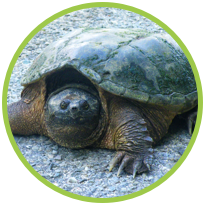
Snapping turtle
Photo: NCC
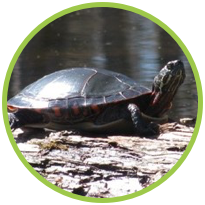
Painted turtle
Photo: NCC
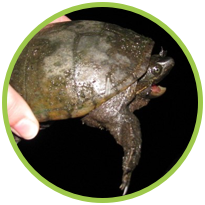
Musk turtle
Photo: NCC
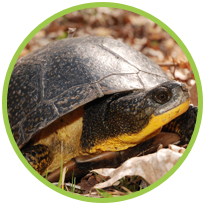
Blanding’s turtle
Photo: Simon Pelletier
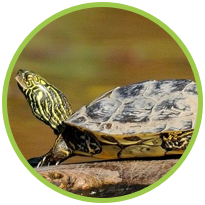
Map turtle
Photo: Simon Pelletier
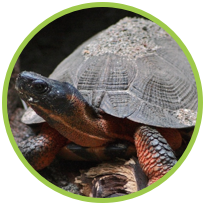
Wood turtle
Photo: Frédérick Lelièvre
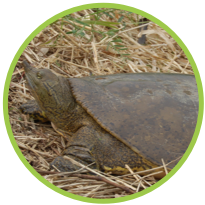
Spiny Softshell turtle
Photo: Lyne Bouthillier
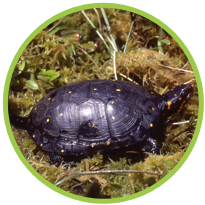
Spotted turtle
Photo: Daniel Brunton
What to do if you see a turtle on the road
How to report your observation
Why should you help to protect turtles?
Before helping a turtle at risk of being struck by vehicles
Subscribe to the Carapace newsletter
Contact us
Reach out to us if you have questions or concerns! Please read our FAQ before sending us an email. You can contact us at carapace@natureconservancy.ca.
Frequently asked questions (FAQ)
Click on the items below to find answers to common questions.
Experts for injured turtles
Eco-Nature Rehabilitation Centre
1-450-622-1020 ext. 286 (10:00 a.m. – 4:30 p.m.)
sostortues@eco-nature.ca
